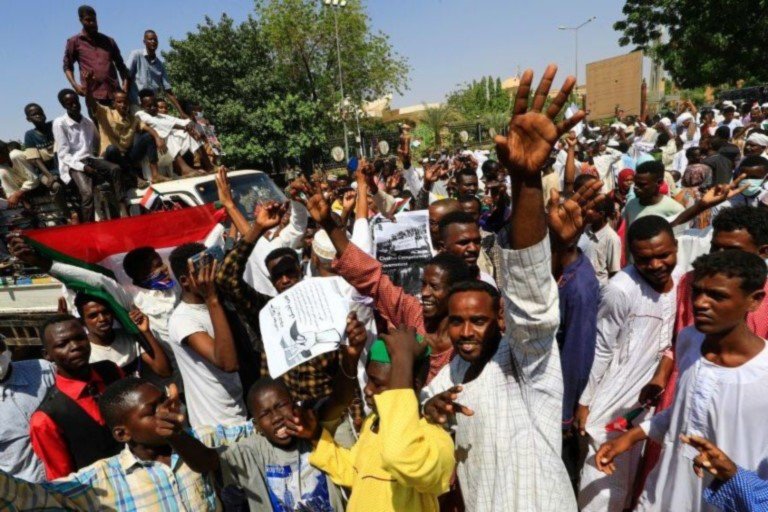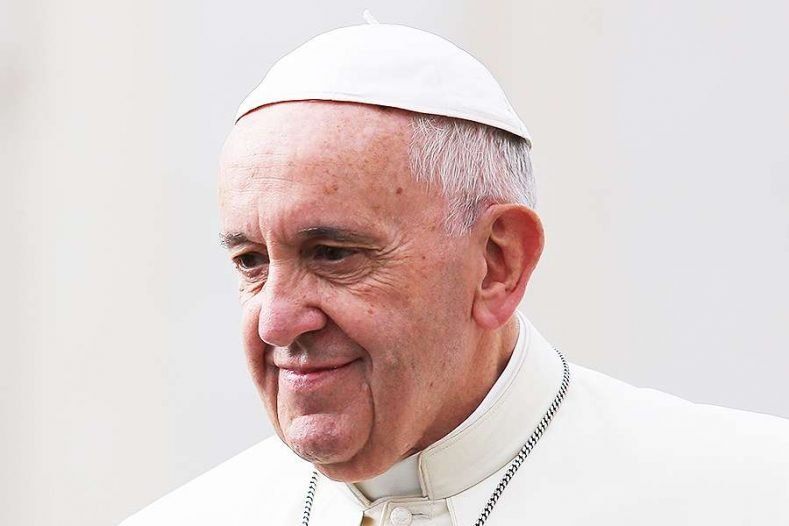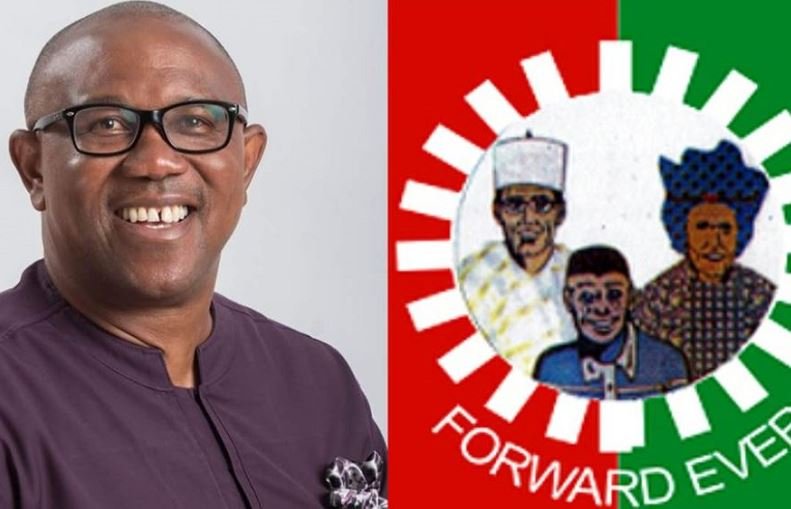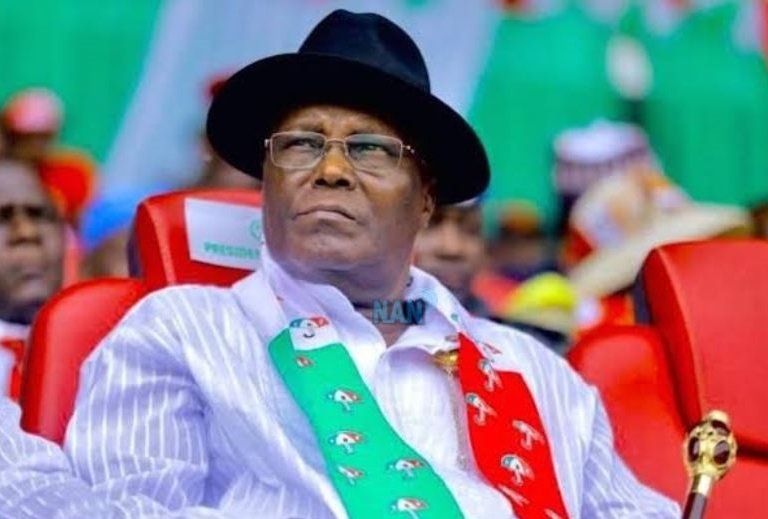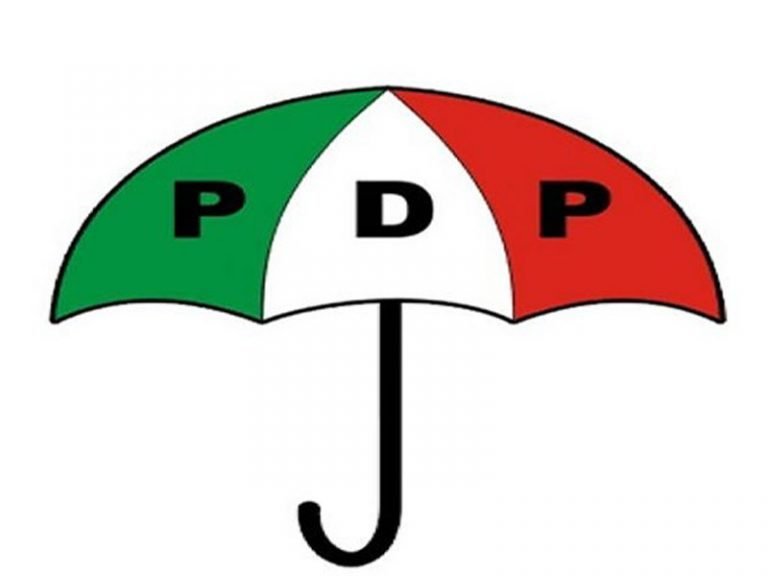Thousands of people demanded the resignation of Angola’s President Joao Lourenco during a rally in Luanda on Saturday sponsored by the country’s largest opposition party to honour its late leader.
UNITA, a former rebel group turned political movement that lost a disputed election last year, has stated that it intends to launch a parliamentary procedure to depose Lourenco, accusing him of being autocratic.
Speaking to a crowd of supporters waving red and green flags, which is the party colours, in Luanda, UNITA leader Adalberto Costa Junior asked, “Someone is responsible for famine, unemployment, and the jailing of demonstrators. Who is he?”
“Joao Lourenco!” came the reply.
The rally was held to commemorate the birthday of former UNITA commander Jonas Savimbi, whose death at the hands of the army in 2002 signalled the end of a 27-year civil war between UNITA and Lourenco’s government, the Popular Movement for the Liberation of Angola.
However, it was used to increase pressure on the government in the face of widespread public dissatisfaction with poverty, corruption, and an unstable economy.
“UNITA is trying to capitalise on the widespread social discontent in society,” said independent analyst Marisa Lourenco, who is not a relative of the president’s.
The oil-rich southern African nation has experienced a wave of protests since the government cut subsidies for gasoline in June.
The move aimed to curb government spending as the economy suffers from a slide in oil prices that has weakened the local currency, the kwanza. But it resulted in unpopular, sharp fuel price hikes.
“We have a government that does not deserve Angolans,” Costa Junior said.
“Down with the robbers, down!” chanted the crowd.
The president of Angola can be removed from office under the country’s constitution if he is found to have undertaken activities that endanger democracy.
However, UNITA has not stated when it plans to commence proceedings and has been vague about the particular charges against Lourenco.
The opposition may seek to exploit differences within the ruling party through a secret ballot, but many believe the initiative will fail.
A two-thirds majority vote in parliament and court support are required to remove the president. The MPLA, which has been in power since 1975, controls both, according to Lourenco, the analyst.
The MPLA has dismissed UNITA’s efforts to remove the president as “unserious” and “undemocratic”.





